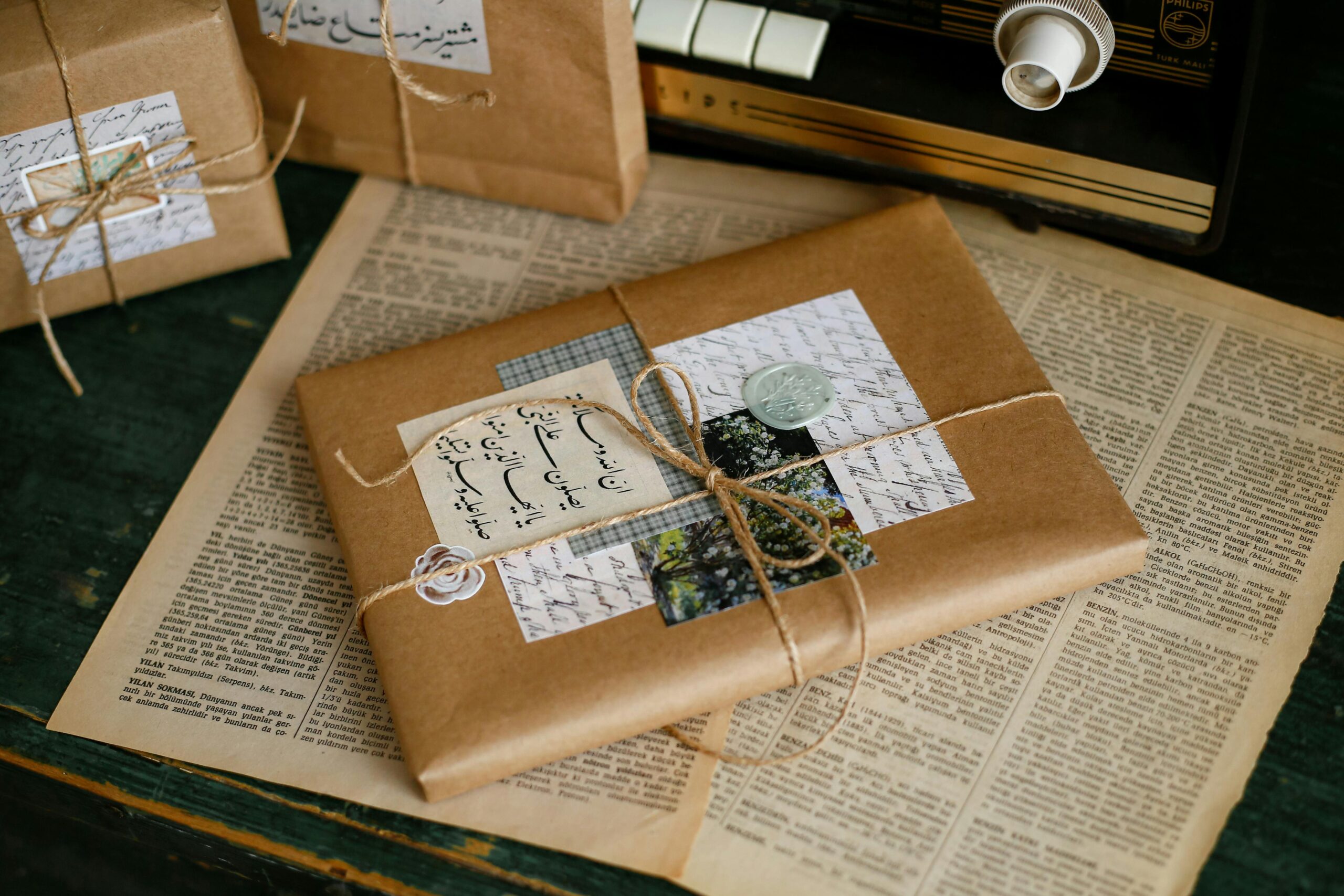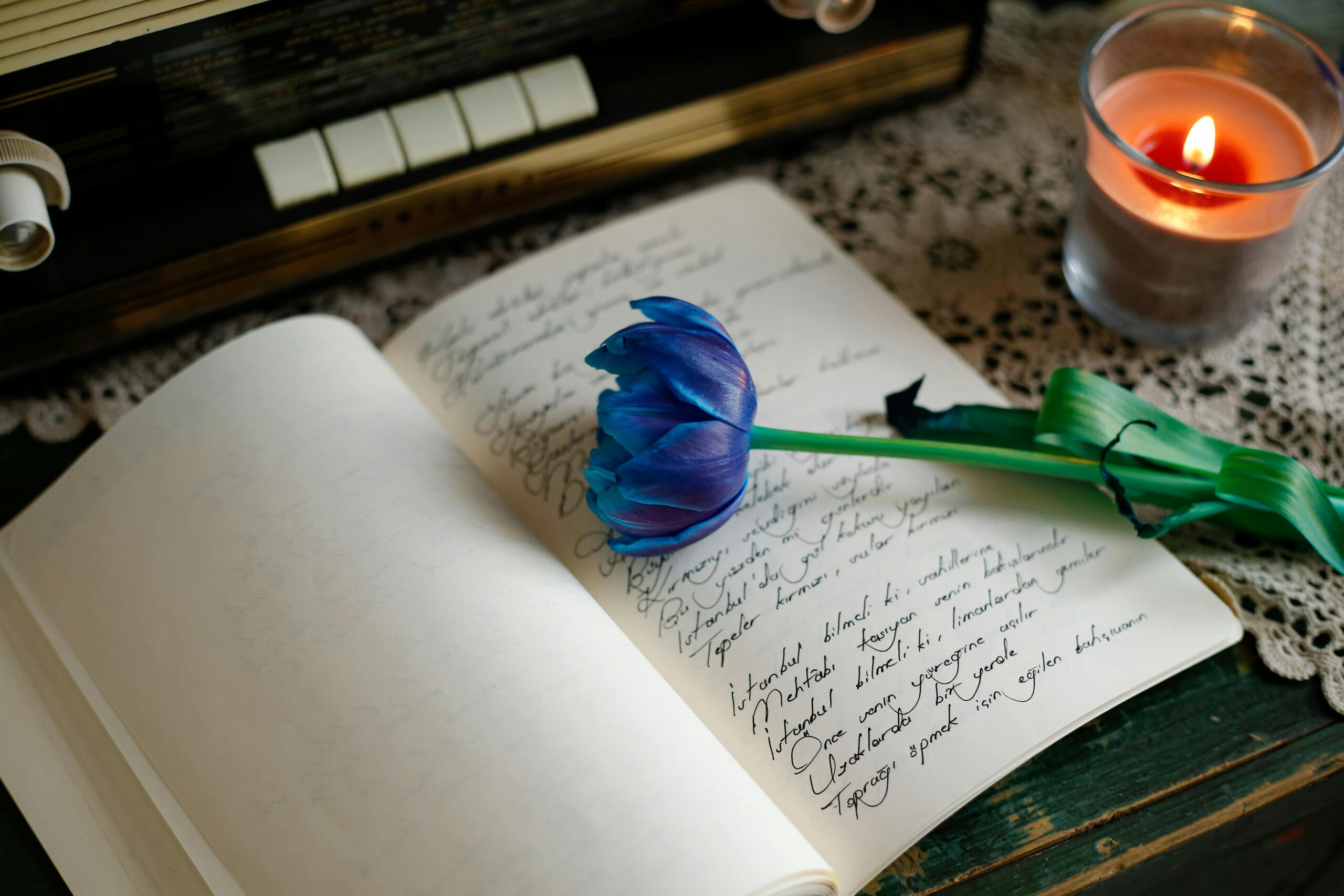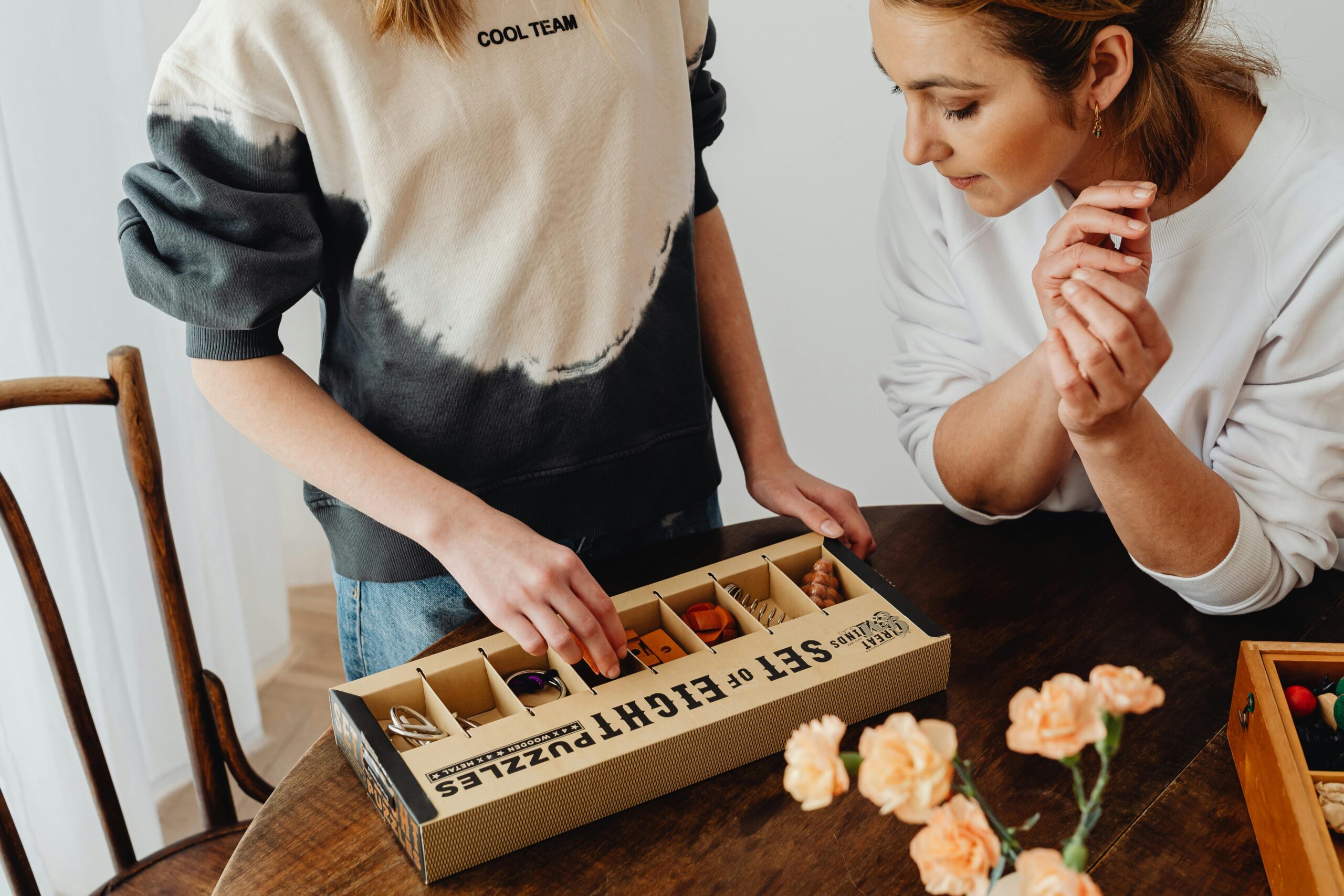Introduction: The Charm of Old-Fashioned Compliments in Creative Scripts
Old-fashioned compliments bring a timeless charm to any script. These compliments, rich in history and elegance, offer a beautiful way to express admiration, affection, or respect. In today’s world, where modern communication often feels rushed and casual, old-fashioned compliments provide a refreshing change. By weaving these vintage expressions into your writing, you can elevate your characters and add emotional depth to your script. Whether you’re writing a romantic letter, a friendly exchange, or a formal dialogue, these timeless compliments connect us to a bygone era, reminding us of the power of words to express genuine emotions.
What Makes Compliments ‘Old-Fashioned’?
Old-fashioned compliments are more than just kind words; they carry a rich sense of respect, elegance, and formality that’s often missing in today’s fast-paced world. These compliments are rooted in historical linguistic styles, often reflecting a time when communication was deliberate and thoughtful. You’ll find phrases like “You are the sun to my sky” or “Your virtues shine brighter than the stars.” These vintage expressions were once common in love letters, formal speeches, and even daily conversation. What makes them “old-fashioned” is their poetic, respectful tone and their ability to convey admiration in a way that feels both grand and personal.
By incorporating these classic compliments into modern scripts, you introduce a touch of nostalgia and grace that can make your writing stand out. Whether you’re crafting a heartfelt monologue or a witty exchange between characters, using these timeless phrases adds depth to your work and connects your audience to a different time.
Why Use Old-Fashioned Compliments in Modern Scripts?
Old-fashioned compliments offer more than just a dose of charm—they can enrich your modern scripts with layers of meaning and emotional depth. In today’s writing, where casual language dominates, using vintage compliments can make your characters stand out and feel more authentic. These timeless phrases help build connections between characters, whether in romantic relationships, friendships, or professional exchanges.
Integrating compliments like “Your presence is like a breath of fresh air” or “You possess a grace that’s beyond compare” can evoke a sense of nostalgia and elegance. They give your script a unique voice, creating moments that resonate deeply with your audience. Additionally, old-fashioned compliments can add complexity to your character’s personalities, making them more intriguing and multidimensional.
By incorporating these vintage compliments, you create an atmosphere of admiration and respect that might otherwise be lost in modern writing. These compliments bring an air of dignity and warmth that is perfect for moments of sincerity and heartfelt emotion, making them the ideal choice for any writer seeking to elevate their craft.
Examples of Old-Fashioned Compliments
When crafting a script or letter, using old-fashioned compliments can immediately elevate the dialogue and create a lasting impact on your audience. Here are some examples for various scenarios to inspire your writing:
-
Romantic Compliments:
-
“Your beauty outshines the stars in the heavens.”
-
“You are the jewel of my heart, more radiant than any treasure.”
-
-
Friendly Compliments:
-
“Your kindness is a light that brightens even the darkest days.”
-
“I find myself fortunate to call you a friend, for your heart is as generous as the ocean.”
-
-
Formal Compliments:
-
“Your grace and wisdom make you a rare gem in a world of stones.”
-
“Your contributions are a beacon of excellence to us all.”
-
These vintage expressions bring an elevated tone to your script, showcasing deep respect and admiration. Whether you’re writing a love letter or creating a powerful scene in a play, these compliments can enhance the emotional impact of your characters’ interactions.
By using such phrases, you’re also making your characters’ relationships more memorable. These compliments reflect their genuine feelings and enhance the chemistry between them, making their dialogues stand out in a sea of modern, more casual exchanges.
How to Incorporate Old-Fashioned Compliments into Your Writing
Integrating old-fashioned compliments into your writing doesn’t have to feel forced. In fact, when done correctly, they can enhance your characters’ personalities and make your dialogue more engaging. Here’s how you can weave these timeless phrases seamlessly into your creative scripts:
1. Keep it Natural
The key to using old-fashioned compliments is to ensure they feel authentic to the character. If a character is traditionally formal or romantic, they might naturally speak in these elevated, vintage expressions. For example, a character in a period drama might say, “Your heart is a treasure more valuable than gold.” However, a character who is generally more informal or witty might use them in a playful or exaggerated manner to add humor.
2. Match Compliments to Character Development
Compliments can reflect the inner workings of your characters. A character who has lived through hardship might offer compliments that are more profound and meaningful, while a young, innocent character might use more poetic and light-hearted phrases. This adds depth to their development, making them relatable and memorable.
3. Use Compliments to Build Relationships
Old-fashioned compliments aren’t just about admiration—they can be used to create emotional connections between characters. For example, a heartfelt compliment like, “Your kindness is a balm to my weary soul,” can symbolize a deep bond between two characters, helping to develop their relationship in the script.
4. Balance Compliments with Action
Compliments work best when paired with actions. If a character says, “You are the light of my life,” show through their actions how much they cherish that person. This gives the compliment weight and makes it more impactful, rather than relying on words alone.
By following these steps, you’ll find that old-fashioned compliments can become a natural and powerful tool in your writing, giving it a sense of elegance and emotional depth.
The Power of Compliments in Dialogue
Compliments in dialogue do more than just flatter a character—they can drive the plot forward, deepen relationships, and create emotional moments that linger with the audience. When used strategically, old-fashioned compliments can elevate the tone of your writing and make character exchanges memorable. Here’s how to make the most of compliments in dialogue:
1. Build Chemistry Between Characters
Compliments can be a powerful tool for building chemistry, especially in romantic or platonic relationships. When one character offers a compliment like, “Your smile is brighter than the morning sun,” it can instantly create a sense of warmth and affection between them. This can be an essential moment for developing deeper bonds and showcasing the emotional growth of characters.
2. Add Emotional Depth
Old-fashioned compliments have a poetic quality that allows you to express emotions in a more profound way. A compliment like, “You are the calm in the storm of my life,” speaks volumes about a character’s feelings without the need for overly dramatic speech. By integrating these types of compliments into dialogue, you can convey more emotion with fewer words, making your writing both elegant and impactful.
3. Use Compliments to Reveal Character Traits
Compliments can also be used to reveal personality traits or underlying tensions between characters. For example, a character might say, “Your intellect rivals that of the greatest minds,” to flatter someone while subtly conveying a sense of superiority or admiration. This can add complexity to your characters and create interesting dynamics in your story.
4. Create Moments of Vulnerability
In many cases, compliments can reveal a character’s vulnerability. Compliments like, “You have the kindness of a saint,” can expose the speaker’s admiration for the recipient, while also showing their own sensitivity or insecurity. These moments can help humanize characters and create emotional depth that resonates with the audience.
5. Crafting the Perfect Compliment
Not all compliments are created equal. The best compliments in dialogue sound sincere, personal, and well-timed. When characters speak in a way that feels genuine, it strengthens their connection and makes their interactions feel more authentic. Ensure that the compliments match the context and tone of the scene for maximum effect.
By understanding how to use compliments in dialogue, you’ll be able to create memorable moments that not only add beauty to your script but also develop your characters in meaningful ways.
Missing Elements: Complementary Styles of Complimenting
While old-fashioned compliments are certainly charming, there are complementary styles of complimenting that can further enrich your script. Often, writers focus on romantic or friendly compliments, but there are other underutilized types that can add depth and variety to your characters. Here are some missing elements worth exploring:
1. Compliments for Everyday Interactions
While many compliments are reserved for special moments, simple, everyday compliments can be just as impactful. These compliments might not have the poetic flair of a romantic line, but they can still carry emotional weight. Compliments like, “You always know how to brighten up my day,” or “Your sense of humor always lifts my spirits,” are perfect for showing the warmth in daily relationships. These small, heartfelt compliments can reveal the closeness between characters and make them feel more real.
2. Compliments for Professional and Formal Writing
In more formal or professional settings, compliments can still play a vital role in communication. Phrases like “Your expertise is unparalleled,” or “Your professionalism is an inspiration to us all,” can elevate the tone of your script and show respect for a character’s skills and contributions. These compliments add a layer of sophistication and can be used to highlight the competence and achievements of characters in business or formal contexts.
3. Self-Complimenting
An often overlooked style is the ability for a character to compliment themselves. Self-compliments can be empowering, humorous, or revealing of a character’s self-awareness (or lack of it). For example, a character might say, “I am the best at what I do, and no one can deny it,” which can either show confidence or come across as a moment of self-absorption. This type of compliment adds complexity, as it shows how characters perceive themselves and how they want to be seen by others.
4. Compliments to Strengthen Relationships
Sometimes compliments go beyond personal admiration and are meant to strengthen or rebuild relationships. A compliment like, “I admire your strength and resilience, even in the hardest of times,” shows not only admiration but also a deep respect for someone’s character. These compliments are essential for character growth, as they acknowledge and validate the struggles or strengths of a person, reinforcing bonds and creating emotional resonance in the script.
By integrating these missing styles of compliments into your writing, you’ll diversify the emotional landscape of your script, creating more nuanced interactions that feel authentic and real.
Conclusion: The Lasting Impact of Old-Fashioned Compliments
Old-fashioned compliments offer more than just beauty and elegance—they have the power to transform your writing and deepen the connections between characters. These vintage expressions aren’t just for historical scripts or romantic tales; they can be integrated into any genre to add emotional depth and elevate your storytelling.
Whether you’re using them to build chemistry, convey admiration, or craft heartfelt moments, old-fashioned compliments give your script a timeless charm that resonates with audiences. They provide a refreshing contrast to the fast-paced, casual communication of modern life, offering a deeper, more thoughtful way to express admiration and affection.
By incorporating these compliments, you not only make your writing more impactful but also bring a piece of history into your characters’ voices. So next time you sit down to write, consider the emotional weight these compliments can carry, and use them to create meaningful, memorable moments that will stand the test of time.





